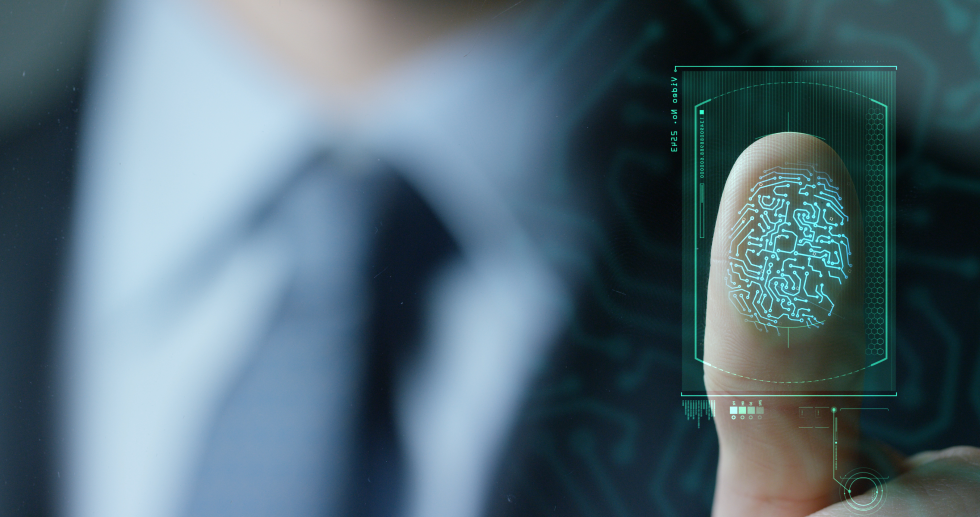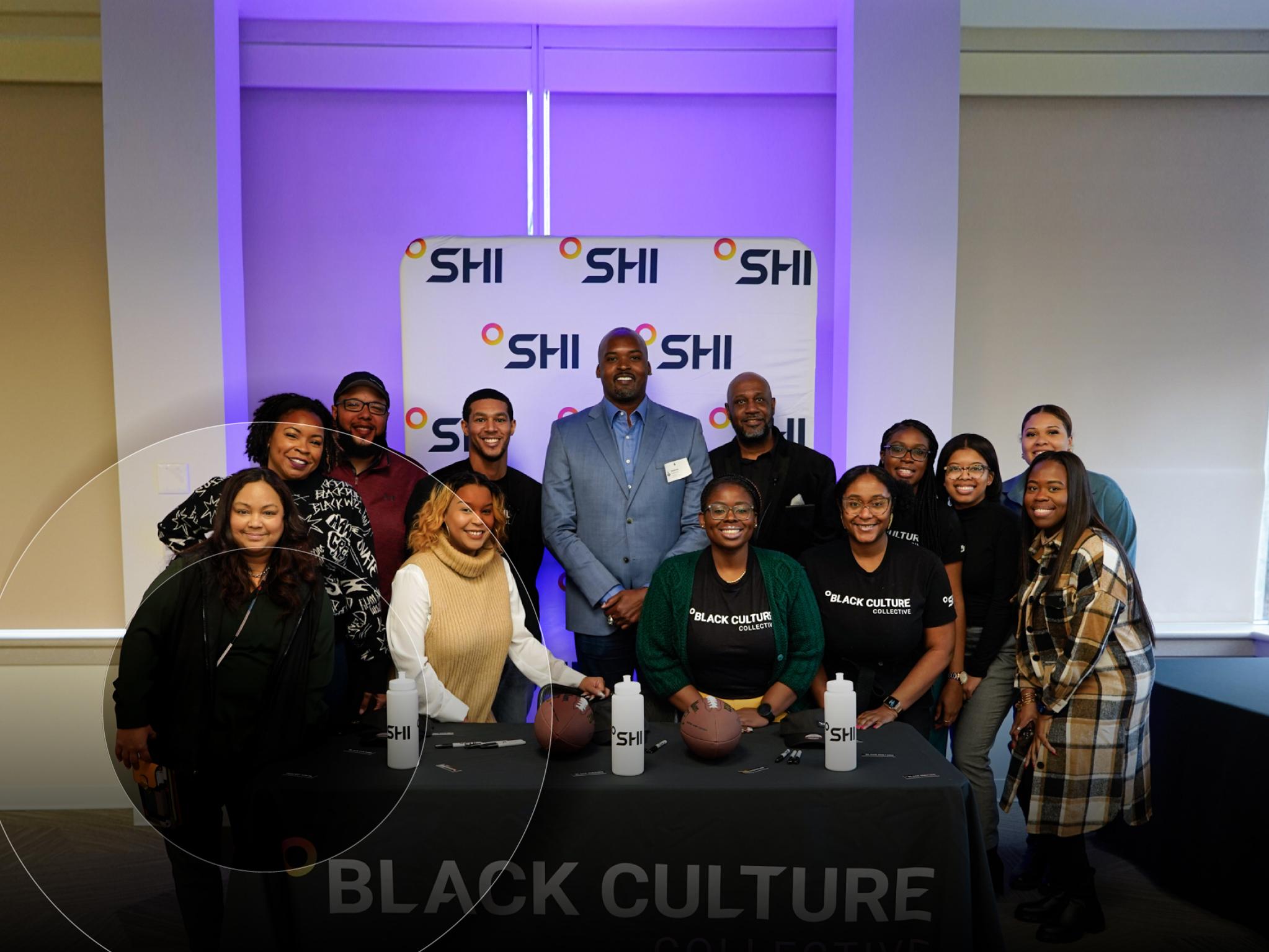Something for the Weekend: Does sci-fi tech ever become real?
Has technology lived up to the promise of science fiction?

I’ve been re-reading some science fiction recently and was thinking about how some of the futuristic (at the time) technologies now seem very familiar. Others haven’t developed quite as imagined, and some still haven’t been delivered. I thought it would be interesting to explore this idea further with my colleagues. I suggested it as a topic to the marketing team, thinking they’d give me a list of subject matter experts to talk to. Instead, here’s what I got back:
Neil Townley-Williams responded instantly with: “Back To The Future. The hoverboard. In the 1985 movie the hoverboard exists in 2015 and does what the name implies. It’s a board that hovers and you can ride on it. 2021 (real time) the hoverboard has wheels and doesn’t hover.”
According to Christina Parker: “Thanks to the 90’s classic film, Clueless, I expected a smart closet to be giving me error messages and warnings about my clothes not matching. That’s not to say that creators haven’t tried. Amazon almost pulled something similar off with the Echo Look fashion camera, but that only lasted 3 years. The Samsung AirDresser Clothing Care System dries and de-wrinkles which is definitely an impressive feat! Still not quite what the movie shows but headed in the right direction.”
Clearly some people had high expectations that haven’t been fulfilled (and honestly, Clueless didn’t spring to mind when sci-fi came up!). Several people mentioned both autonomous vehicles and robots:
Phil Vickman, is clearly disappointed in autonomous vehicles so far, as “Total Recall promised me a humanoid, smiling chauffeur but I got a polite delivery robot roaming the streets of Milton Keynes.
“In all seriousness, although we don’t have fully autonomous cars yet, self-driving vehicles are being developed even if we do have a long way to go from a safety perspective. There are plenty of features in the current limited ‘self-driving’ cars that will be developed and refined. Although we’re definitely looking at self-driving cars, rather than traditional cars driven by robot chauffeurs.”
As far as robots go, Robert Fass pointed out that, “In Blade Runner, the robots look so real you don’t know they’re not. Somehow Pepper doesn’t quite cut it.”
A few years ago I heard Genevieve Bell Director of Australia’s 3A Institute talk about the fear of robots in western society. Much of this is the result of science fiction depictions of AI and robots. She pointed out that the most widely deployed robot in the world was the Roomba… so we’d all be fine (as with daleks) as long as we have stairs. Boston Dynamics points out that while their dancing robots are fun, the ones that stack boxes are more useful.
Apparently, Rob also worries about AI, as he often asks Amazon’s Alexa if she is Terminator’s SkyNet. To date her reply has been “I don’t have anything to do with SkyNet, don’t worry”. This doesn’t seem to reassure him!
Carmi Levy admits he’s probably watched too much sci-fi over the years. He came up with a frighteningly long list including Fahrenheit 451: “The 1953 classic in which Ray Bradbury described ‘seashells’ as “thimble radios tamped tight, and an electronic ocean of sound, of music and talk coming in, coming in on the shore of her unsleeping mind” in a prediction of in-ear headphones. The movie came out in 1966. Wired earbuds became ubiquitous after the 2001 introduction of the iPod. AirPods made ‘seashells’ wireless in 2016.
“And in Star Trek, Captain Kirk and his crew ran around with handheld pocket communicators. These flipped up a little grid-like antenna when used. In 1973 Motorola introduced the world’s first mobile phone, which engineer Martin Cooper later said was inspired by Star Trek. Eventually, that first ‘brick phone’ evolved into the DynaTAC flip phone – which not coincidentally was incredibly Star Trek-ian.”
Black Mirror’s ‘The Entire History of You’ is, according to Rich Atchana, “Hands down the best episode of the series. It features a chip-like technology implanted behind the ear that records everything you see. Controlled by a hand-held device, the technology lets you replay, relive, and remember every (good and bad) moment of your life – it also features a contactless payment service! Although this episode takes place in 2050, microchipping humans first started in 1998, and we’ve been quickly advancing the technology to help connect biological and artificial intelligence.” Around 6,000 Swedish citizens use implanted microchips to open doors, log in to computers and make contactless payments.
Ed McNamara points out that in 1948 George Orwell basically predicted remote working in his book 1984 (and didn’t miss by much – 2020 saw an explosion in employee monitoring software).
Clearly my marketing colleagues weren’t quite the right people to ask. Their examples weren’t quite what I was looking for. Thankfully I’ve spoken to some of the technology experts within SHI as well, and they’ve promised insights more applicable to the real world. For a bit of reassurance, I’ll leave you with this from Lee Ziliak – Global CTO – Communications, Media and Entertainment
“I like to think of Minority Report as an example of where tech HAS delivered. Think about when John Anderton is walking through the mall and they do retina scans and targeted/smart advertising, or the police use it to search the apartment. While retinal scans and biometrics are available and in use, it isn’t so much for these use cases, but certainly facial recognition, smart signage, etc. ARE in widespread use.
There are plenty of other examples with things like holograms (think Star Wars, or many other examples), Star Trek with the little notepad they’d bring to the captain to sign, or talking with computers/voice recognition, etc.”
Over the next few months, Lee and other colleagues will be providing some more insightful analysis on how technology has developed in relation to the expectations set by science. And in the meantime, maybe you can enjoy a little bit of sci-fi (and Clueless) this weekend based on the movies and books that inspired our marketing team!




